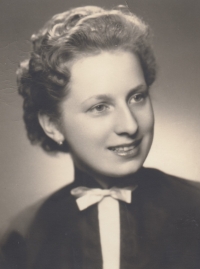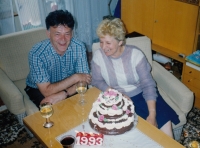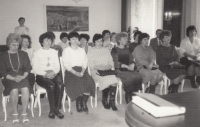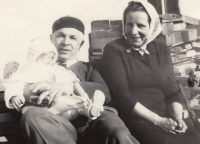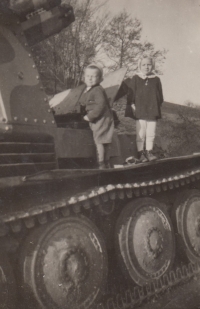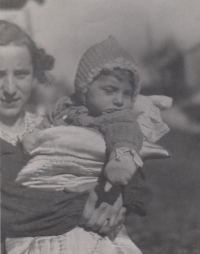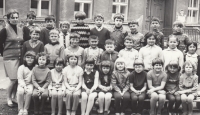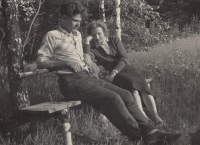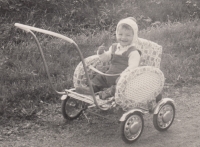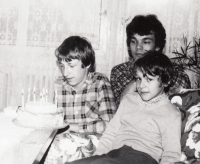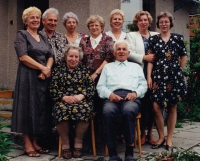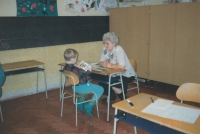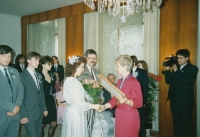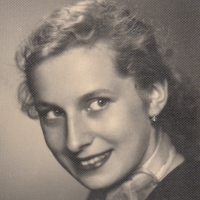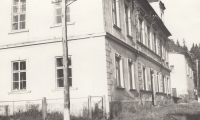I told children that soldiers were there, but not to pay attention to them
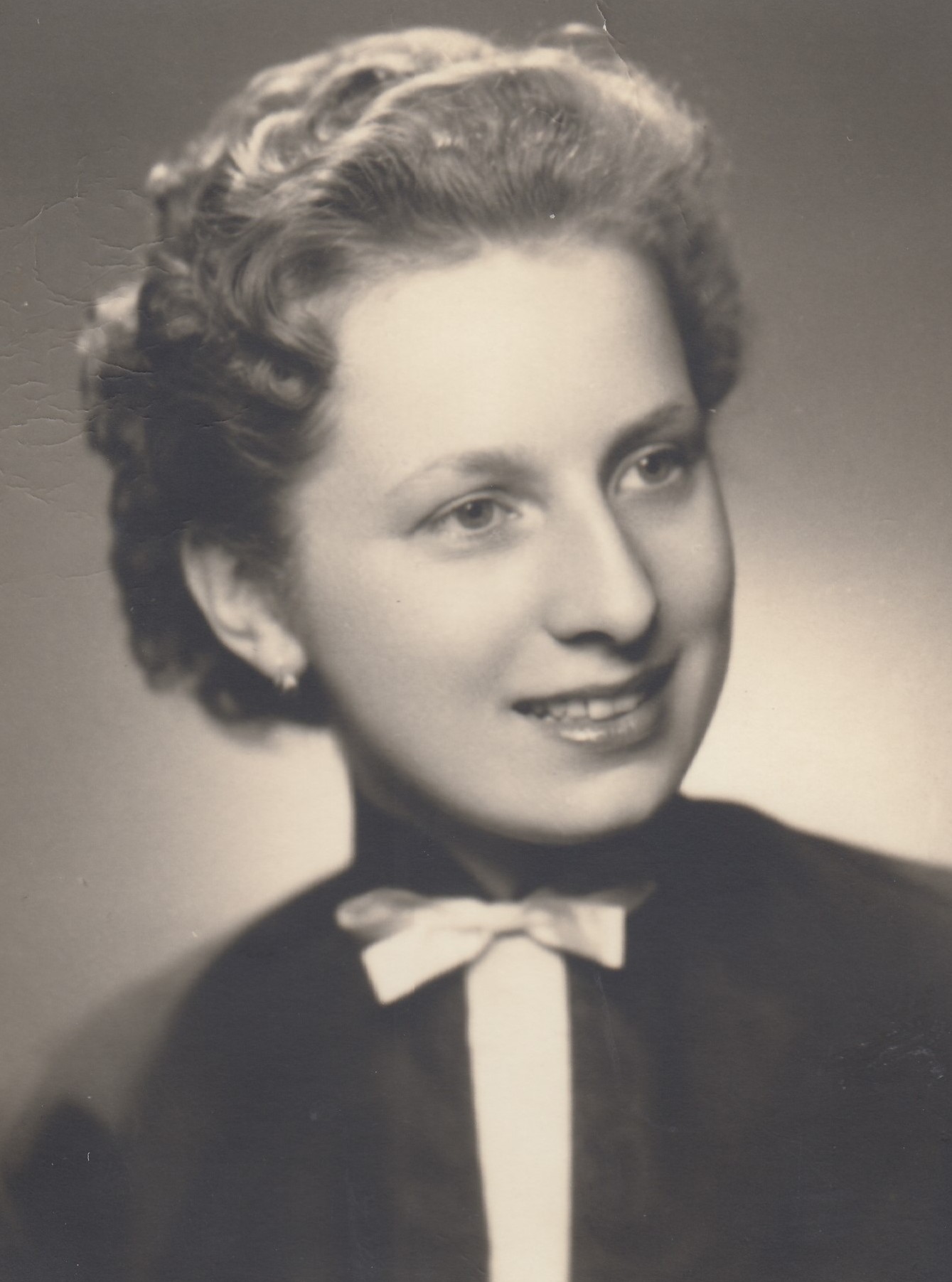
Download image
Věra Cinková was born in Jedlí near Zábřeh on 19 September 1941. Her father Josef Štarman (1916–2006) was a tailor and mother Otilie (1921–2008) assisted him as much as she could alongside taking care of the household and seven children. Following Věra, the other children born to the Štarmans were Josef in 1942, Marie in 1943, Růžena in 1945, Jitka in 1950, Eva in 1952, and Marta in 1957. The family moved to Červená Voda in 1945, having purchased a house vacated by the Sudeten Germans. Věra completed the Teaching High School in Olomouc in 1955–1959 and became a teacher for the first stage of primary schools. She started teaching at the dual-class school in Moravský Karlov. She married Josef Cink (1933–2011) in 1961 and three sons were born to them in 1962, 1964, and 1971. As a religious person, the witness’s husband was denied a qualified position, so he worked as a teacher at the primary school in Červená Voda, then at the grammar school in Králíky, and finally at a secondary business school in Kostelec nad Orlicí where he commuted daily from Červená Voda. Věra Cinková started teaching in Červená Voda in 1962 and continued until retirement in 1994. She even helped out teaching after retirement. Following the Velvet Revolution of 1989, she became the first female Mayor of Červená Voda, but went back to teaching after one year. The witness lived in Červená Voda in 2021, working with the elderly of the parish and teaching religion to children.
